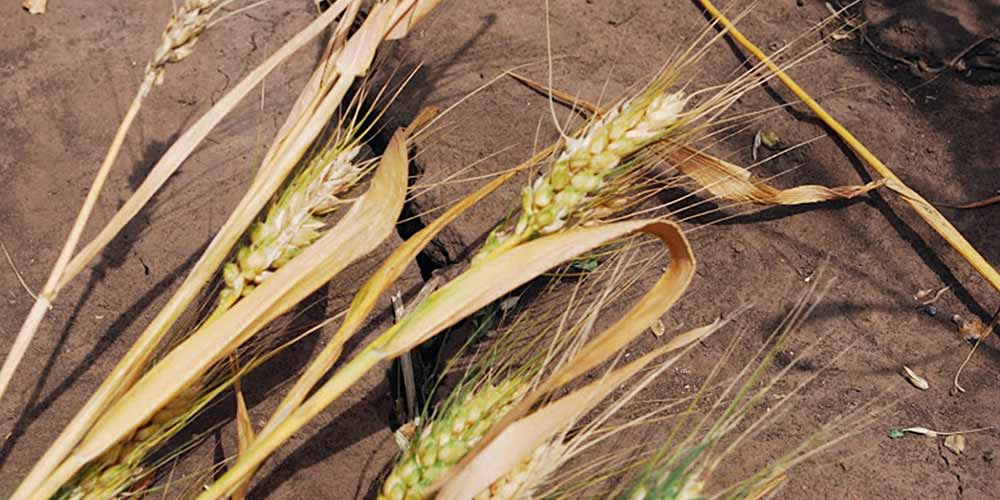
URF competition: Agricultural scientists want to create wheat varieties resistant to unfavorable conditions
The development of an accelerated method for creating new high-yielding varieties of soft winter wheat is the topic of a scientific concept that is participating in a competition organized by the Ukraine Reconstruction Fund.
The authors of the project are Oleksandr Vinyukov, Hanna Likhushyna, and Kateryna Tymchenko, employees of the Donetsk State Agricultural Research Station of the National Academy of Agrarian Sciences of Ukraine.
It is expected that the project will result in the creation of new highly productive winter wheat lines that will be able to ensure sustainable production of high-quality food grain at the genetic level in the unfavorable conditions of the Ukrainian Steppe.

“At the present stage, the most important task of wheat breeding is to create varieties with high genetic potential for productivity and grain quality and an optimal rate of response (adaptability) to varying environmental conditions that ensure maximum realization of the variety’s capabilities,” the paper says.
In implementing the project, scientists are determined to solve the following tasks:
- identifying the impact of changes in weather conditions in the Ukrainian Steppe on the variability of quantitative traits in the creation of source material;
- improving the methodological aspects of evaluation and selection for resistance to environmental stressors.
“The growing gap between potential and actual yields defines the initial problem of finding a systematic approach to realizing the productivity potential. The research will be aimed at solving this urgent problem,” the scientists explain.
Der Beitrag URF competition: Agricultural scientists want to create wheat varieties resistant to unfavorable conditions erschien zuerst auf ukrainereconstructionfund.
The post URF competition: Agricultural scientists want to create wheat varieties resistant to unfavorable conditions first appeared on Social Gov.
United States - Social Gov originally published at United States - Social Gov






